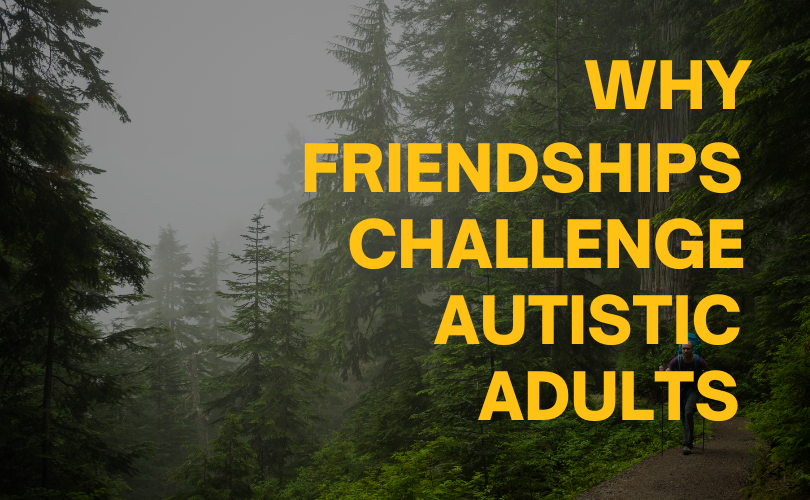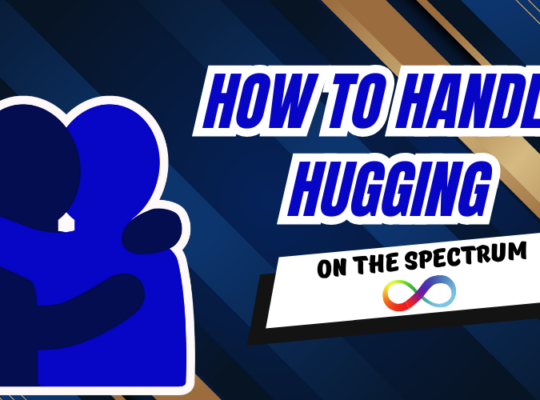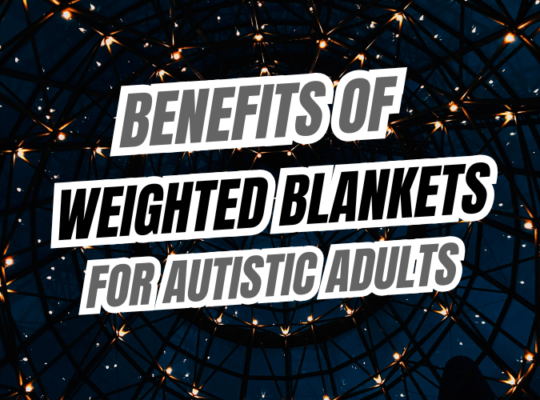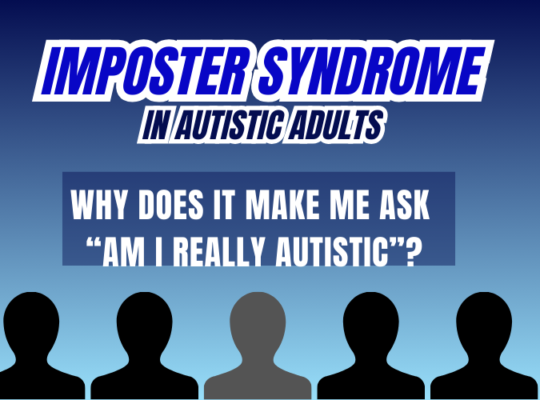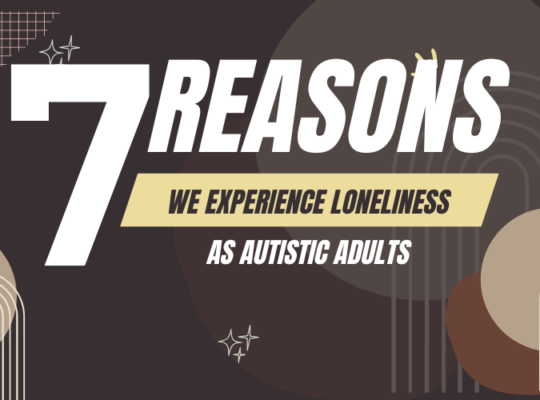There is an ole saying “There is no better ship than friendship”. Unfortunately, for those of us on the spectrum, our Autism can and often sinks the friend ship leaving us with a feeling of drowning alone in an ocean full of Allistics successfully navigating their own friend ships.
According to research, individuals with autism spectrum disorder (ASD) often report having fewer friends, lower quality friendships, and struggle to maintain reciprocal friendships compared to neurotypical individuals,
Some of the surface reasons we Autistic adults struggle with friendships include our difficulty interpreting social cues, navigating complex social situations, experiencing high anxiety in social settings, challenges with communication, and a tendency to overthink interactions. All of the above can make it difficult to initiate and maintain relationships with others for those of us on the spectrum.
Now let’s dive deep into 11 reasons we struggle with friendships:
Autistic adults often struggle with social communication challenges. Our social communication challenges are caused by our difficulty understanding non-verbal cues including body language, facial expressions, and tone of voice. These challenges often lead to our misinterpretation of social interactions.
A tendency to interpret things literally also can be a cause of our struggles with friendships. When we take things that are said literally, we increase our chances of misunderstanding casual conversations with subtle meanings or humor.
Our sensory sensitivities may also be a contributing factor in our challenges in friendships. Often overwhelming sensory experiences in social settings can, among other things, make it difficult to focus on conversations.
Social anxiety can be devastating for our friendships. Often our social anxiety stems from past negative experiences or from our own uncertainty about how to interact appropriately in a friendship.
Small talk, which appears to be a key component for both starting a friendship and a frequent part of a friendship is often a stumbling block for many of us on the spectrum when it comes to friendships. The reason that something so small, such as small talk, can be a big hurdle for us to overcome comes from our struggles to engage comfortably and confidently in casual conversation and finding topics to discuss while initiating or engaging in small talk.
Our desire to participate in routines, often routines of our own creation, and our desire for predictability can stand between us and a friendship because friendships often require us to adapt quickly to spontaneous social plans.
Because of our challenges with reciprocity, it may be difficult for us to understand the give-and-take dynamic in friendships, potentially leading to imbalances in the relationship.
Autism can also cause us to misinterpret social norms. When we often misinterpret social norms, we often misunderstand unspoken social rules, which often leads to awkward or inappropriate behavior.
Possibly the biggest challenge, or obstacle, that stands between us Autistic adults and a friendship is the fear of rejection. Our past negative experiences or being bullied or excluded by others often cause Autistic individuals to feel hesitant to put ourselves out there to make new friends.

